38 is country of origin required on food labels
Country of Origin Labeling (COOL) | Agricultural Marketing Service Country of Origin Labeling (COOL) is a labeling law that requires retailers, such as full-line grocery stores, supermarkets and club warehouse stores, to notify their customers with information regarding the source of certain foods. Country of origin food labelling | ACCC - Australian Competition and ... Country of origin food labelling If you sell or supply food for retail sale in stores, markets, online or from vending machines it is likely that you will be required to comply with the Country of Origin Food Labelling Information Standard 2016 (Standard). Types of food covered by the standard Label requirements The labels
Which foods are covered in the country of origin labeling law? - USDA Foods that must be labeled with their country of origin are: 1. Muscle cuts of beef (including veal), lamb, pork, goat, and chicken; 2. Ground beef, ground lamb, ground pork, ground goat, and ground chicken; 3. Wild and farm-raised fish and shellfish; 4. Perishable agricultural commodities (fresh and frozen fruits and vegetables); 5.

Is country of origin required on food labels
Marking of Country of Origin on U.S. Imports Every article of foreign origin entering the United States must be legibly marked with the English name of the country of origin unless an exception from marking is provided for in the law. SPECIAL NOTE: This webpage is strictly about marking of country of origin on U.S. imports and is for general information purposes only. Country of origin on food labels - Canadian Food Inspection Agency Country of origin on food labels. In Canada, there are mandatory requirements for certain food products to indicate the foreign state (definition) of origin on their labels. Although foreign states include countries as well as World Trade Organization (WTO) members, the Industry Labelling Tool commonly refers to this requirement as country of origin labelling. Country of Origin Labeling (COOL) Frequently Asked Questions Country of Origin Labeling (COOL) is a consumer labeling law that requires retailers (most grocery stores and supermarkets) to identify the country of origin on certain foods referred to as "covered commodities".
Is country of origin required on food labels. Country of Origin Labels - Reidel Law Firm - Texas Based, Global Reach Are All Products Required To Have a Country of Origin Label, Why? No, not all products are required to have a country of origin label. Although it is voluntary in most cases, there are some exceptions. For example, the United States government requires that certain perishable agricultural commodities be labeled from their mother country. Food labelling: country of origin - GOV.UK If all these activities took place in a single country, the label 'Origin: [name of country]' is acceptable. For the GB market, 'United Kingdom' is the origin label for beef and veal... Country of Origin Food Labeling | Jenn David Design The Country of Origin Labeling requirement states that "Food labeling statements regarding geographical origin must not be false or misleading in any particular.". So it would be incorrect to state that the cocoa is a product of both Mexico and Chile on the label. You would need two labels in this case—one for each respective country of ... Home - nova-Institute nova-Institute Renewable Carbon Strategies. nova-Institute is a private and independent research institute, founded in 1994; nova offers research and consultancy with a focus on the transition of the chemical and material industry to renewable carbon.
Mandatory country-of-origin labeling (US) - Wikipedia For country of origin labeling in general, see Country of origin § Labelling requirements. Country of origin labeling (COOL) (or mCOOL [ m for mandatory]) is a requirement signed into American law under Title X of the Farm Security and Rural Investment Act of 2002 (also known as the 2002 Farm Bill), codified at 7 U.S.C. § 1638a as Notice of ... Labelling poster - how to read food labels - Food Standards Food labels must show the percentage of key or characterising ingredients or components in the food. Characterising ingredients or components are often mentioned in the name of the food or emphasised on the label of the food in pictures. ... In New Zealand, country of origin labelling is required on wine only. Further information is available ... Food labelling FAQs | ACCC On 1 July 2016, a new country of origin food labelling system commenced under the Australian Consumer Law (ACL). Businesses will have two years to sell current stock and change their labels to comply with the new law before it becomes mandatory on 1 July 2018. Dietary Supplement Health and Education Act of 1994 Except for purposes of section 201(g), a dietary supplement shall be deemed to be a food within the meaning of this Act. (b) Exclusion from Definition of Food Additive. Section 201(s) (21 U.S.C. 321(s)) is amended - (1) by striking "or" at the end of subparagraph (4);
Country of Origin Requirements in the United States: An Overview Country of origin labeling is mandatory for all consumer products imported and sold in the United States. Country of origin labeling is often as straightforward as printing a 'Made in [INSERT COUNTRY]' on the product and its packaging. Country of origin food labelling | business.gov.au Country of origin labelling is not required on the following food products: foods not for human consumption (for example, pet food) foods sold in restaurants, cafes, take-away shops or schools foods sold at fundraisers foods sold from the same premises in which they have been made and packed. Resources: Forms | Agricultural Marketing Service Local & Regional Food Marketing; Organic; Retail; Run a Custom Report; Contacts; Search Market News; Rules & Regulations. Rules & Regulations; BE Disclosure; Cotton and Tobacco; Country of Origin Labeling (COOL) Dairy Forward Contracting; Fair and Competitive Markets; Federal Seed Act; Food Quality Protection Act; Food Security Act; Hemp ... Country of origin claims | ACCC - Australian Competition and … All businesses, whether they are legally required or choose to display country of origin labelling, are prohibited from making false or misleading representations or engaging in misleading or deceptive conduct about the origin of goods (both food and non-food). Country of origin claims can be made using words and/or pictures and may be:
CPG Sec. 560.200 Country of Origin Labeling - Food and Drug Administration A statement of the country of origin on the labeling of imported foods is not required by the Federal Food, Drug, & Cosmetic Act. This is a requirement of the U.S. Customs *and Border
What Is Country of Origin Labeling? An Overview - Shipping Solutions According to CBP, the rules of origin contained in 19 CFR Part 102 determine the country of origin for marking purposes of a good imported from Canada or Mexico in accordance with the requirements of 19 CFR Part 134. The product-specific rules of origin contained in GN 11 (o) determine whether a good qualifies as originating under the USMCA.
Origin Labeling Requirements for Imported Commodities Passed On June 8, 2021, the Senate passed the United States Innovation and Competition Act of 2021 which included the proposed country of origin labeling COOL requirements in Section 2510 of the Act.
Is country of origin required on food? - TimesMojo Country of Origin Labeling (COOL) is a federal consumer labeling law that requires most grocery stores and supermarkets to identify the country of origin on certain foods referred to as "covered commodities." This program is administered by the United States Department of Food and Agriculture, Agricultural Marketing …
Country of Origin Marking - U.S. Customs and Border Protection Additional products are exempt from country of origin marking requirements, but Canada, Mexico and the United States may require that their outermost usual containers be marked to indicate the country of origin of the goods they contain. These include a Canadian, Mexican or U.S. good that: is incapable of being marked;
The long, tangled story behind country-of-origin labels For example, country-of-origin labeling is required on food products including the muscle cuts of lamb and chicken, wild and farm-raised fish, and fresh and frozen fruits and vegetables, according ...
The Importance of Food Labels | Requirements for Packaging Sep 07, 2018 · As a food producer, you are legally required to appropriately label all your products. Failing to adhere to this can lead to severe consequences. ... Country of origin or provenance. ... Food labels are a legal requirement and they are important for many reasons. They help consumers make informed choices about the food they buy, help them to ...
Country of origin claims | ACCC - Australian Competition and … Most of the foods you buy need to display country of origin labels. Look out for these labels on food packages or in-store signage. Different labelling requirements apply depending on: whether the food is grown, produced, made or packed in Australia or another country; whether the food is a ‘priority’ or ‘non-priority’ food
Is country of origin required on labels? - Curvesandchaos.com SPECIAL NOTE: This webpage is strictly about marking of country of origin on U.S. imports and is for general information purposes only. Is the country of origin on the label of imported foods? A statement of the country of origin on the labeling of imported foods is not required by the Federal Food, Drug, & Cosmetic Act.
Utah - Wikipedia Utah (/ ˈ juː t ɑː / YOO-tah, / ˈ juː t ɔː / YOO-taw) is a state in the Mountain West subregion of the Western United States.Utah is a landlocked U.S. state bordered to its east by Colorado, to its northeast by Wyoming, to its north by Idaho, to its south by Arizona, and to its west by Nevada.Utah also touches a corner of New Mexico in the southeast. Of the fifty U.S. states, …
Country of Origin Labeling (COOL) Frequently Asked Questions Country of Origin Labeling (COOL) is a consumer labeling law that requires retailers (most grocery stores and supermarkets) to identify the country of origin on certain foods referred to as "covered commodities".
Country of origin on food labels - Canadian Food Inspection Agency Country of origin on food labels. In Canada, there are mandatory requirements for certain food products to indicate the foreign state (definition) of origin on their labels. Although foreign states include countries as well as World Trade Organization (WTO) members, the Industry Labelling Tool commonly refers to this requirement as country of origin labelling.
Marking of Country of Origin on U.S. Imports Every article of foreign origin entering the United States must be legibly marked with the English name of the country of origin unless an exception from marking is provided for in the law. SPECIAL NOTE: This webpage is strictly about marking of country of origin on U.S. imports and is for general information purposes only.
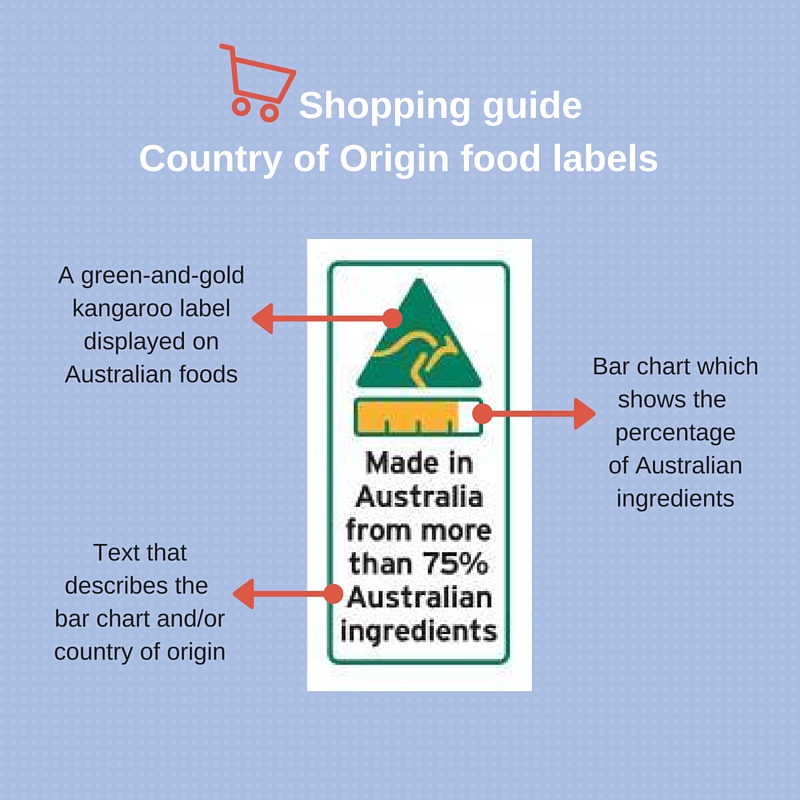


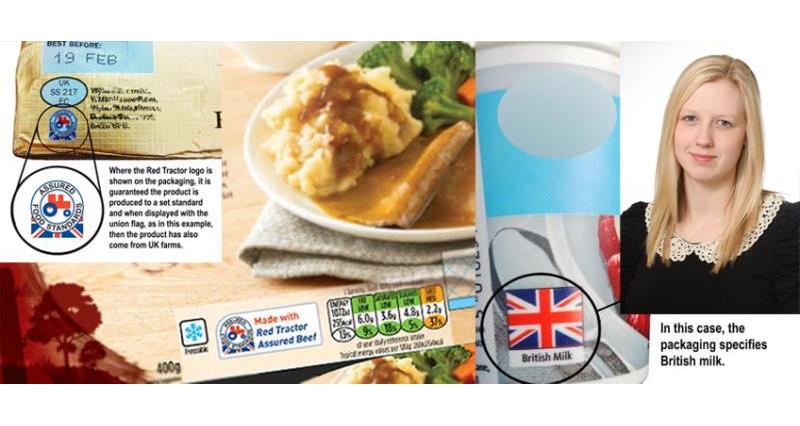




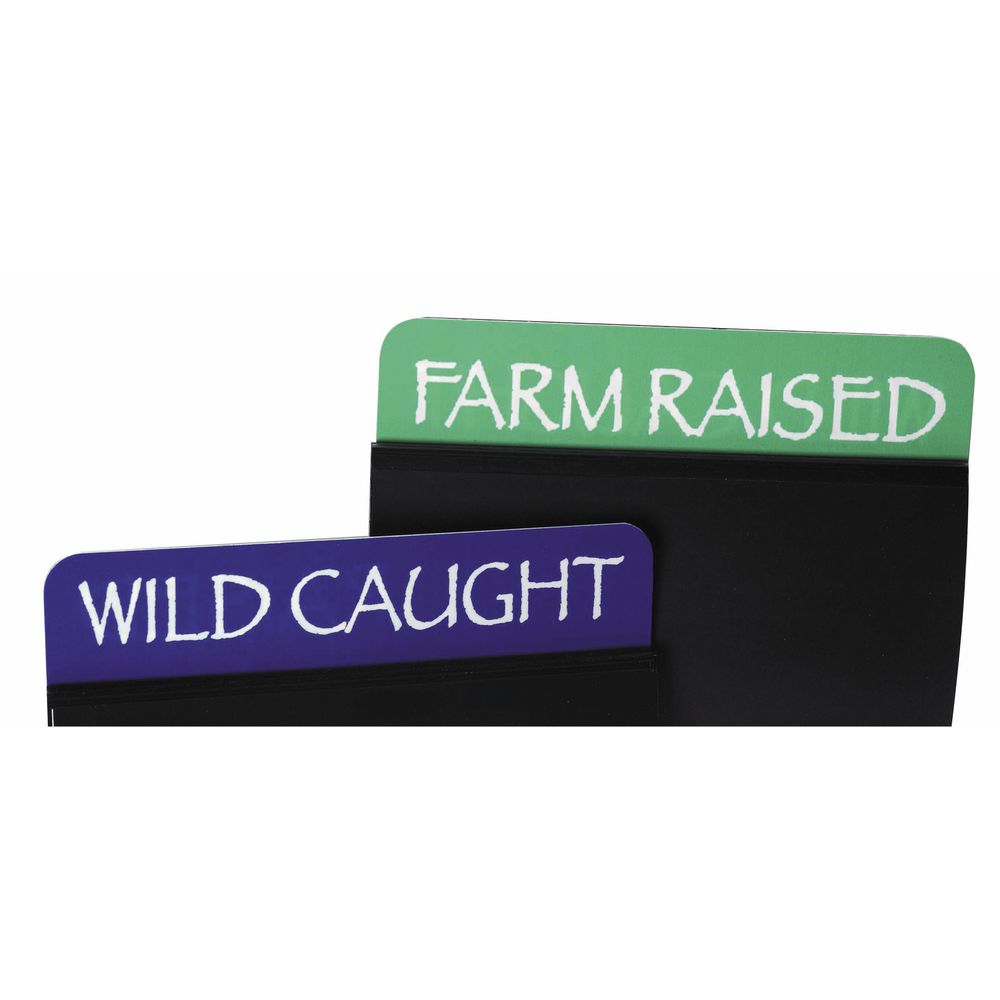

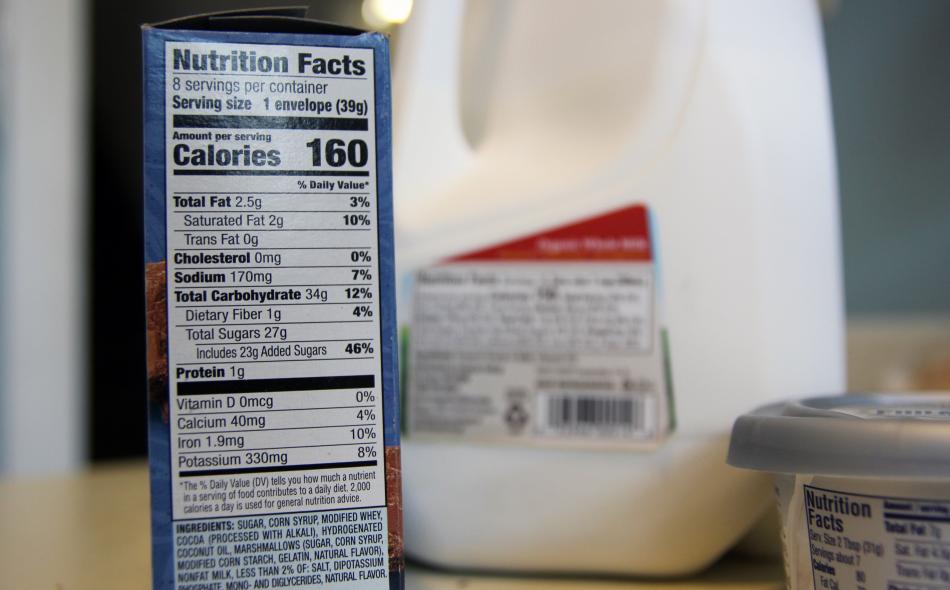

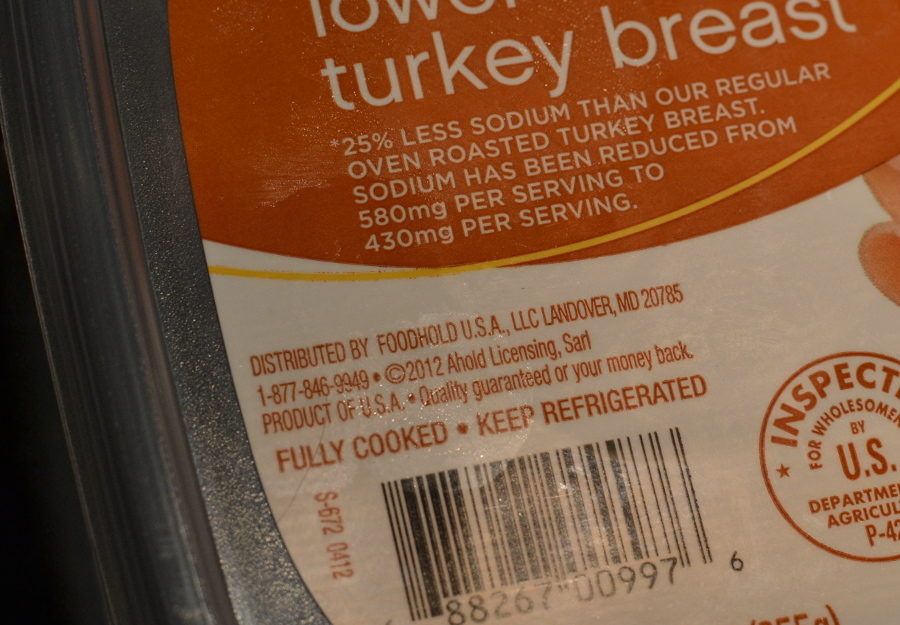
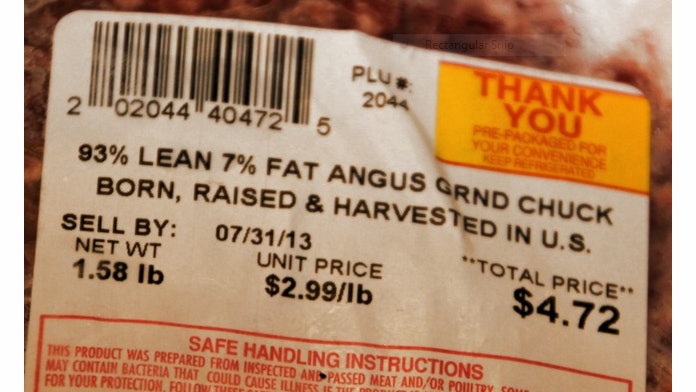





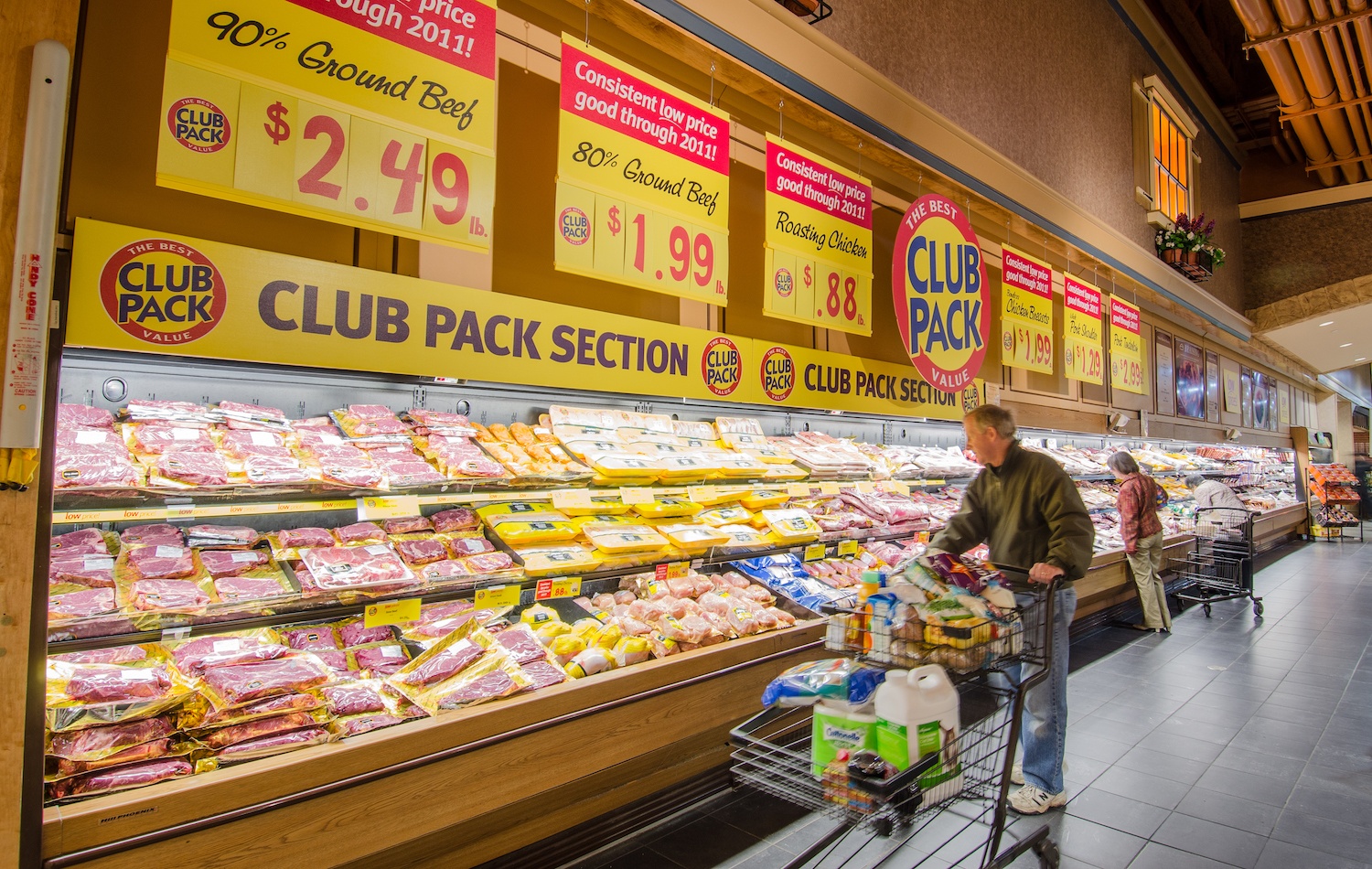
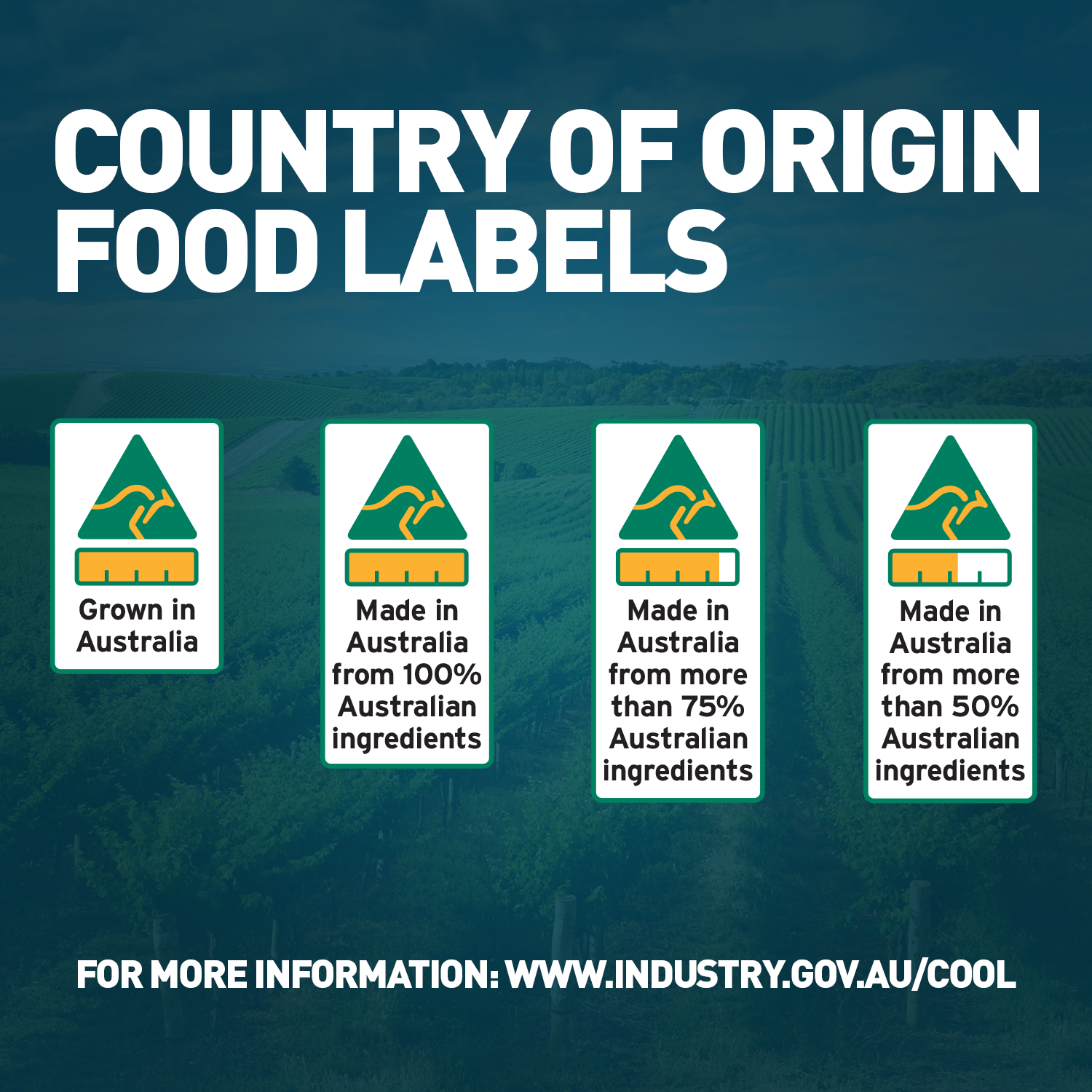
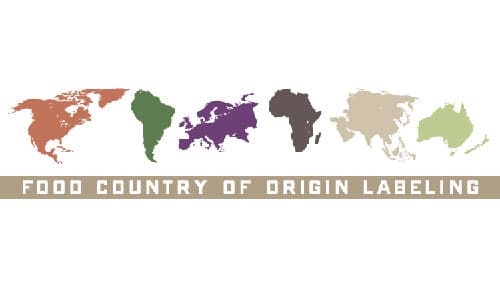
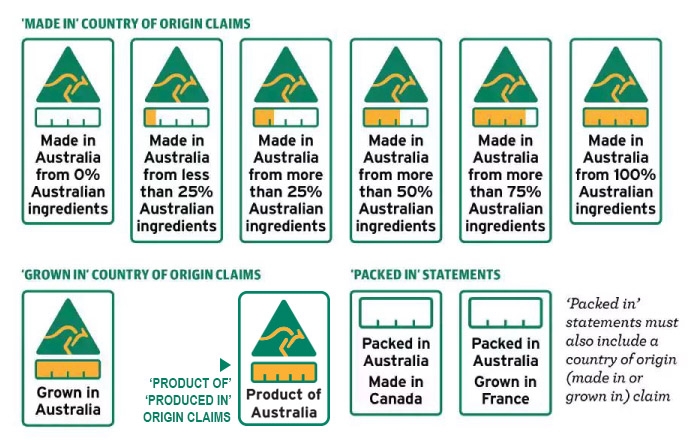
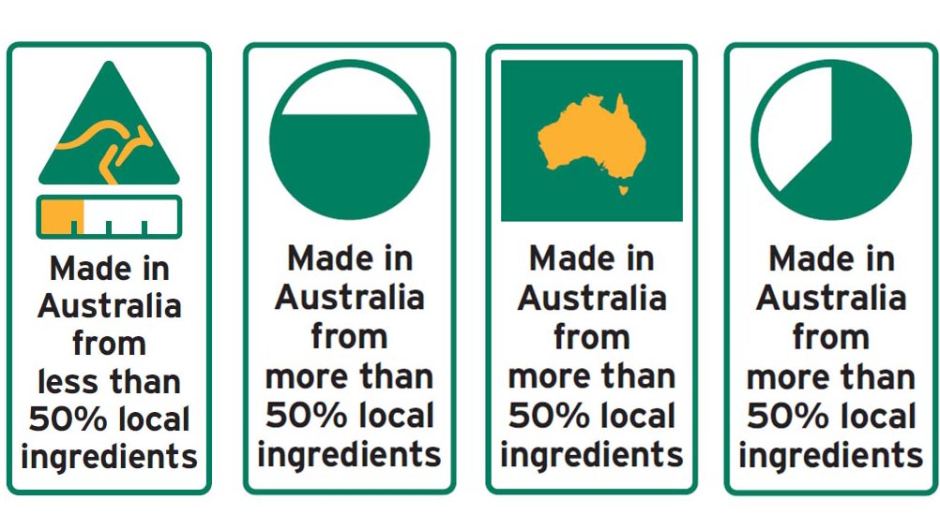
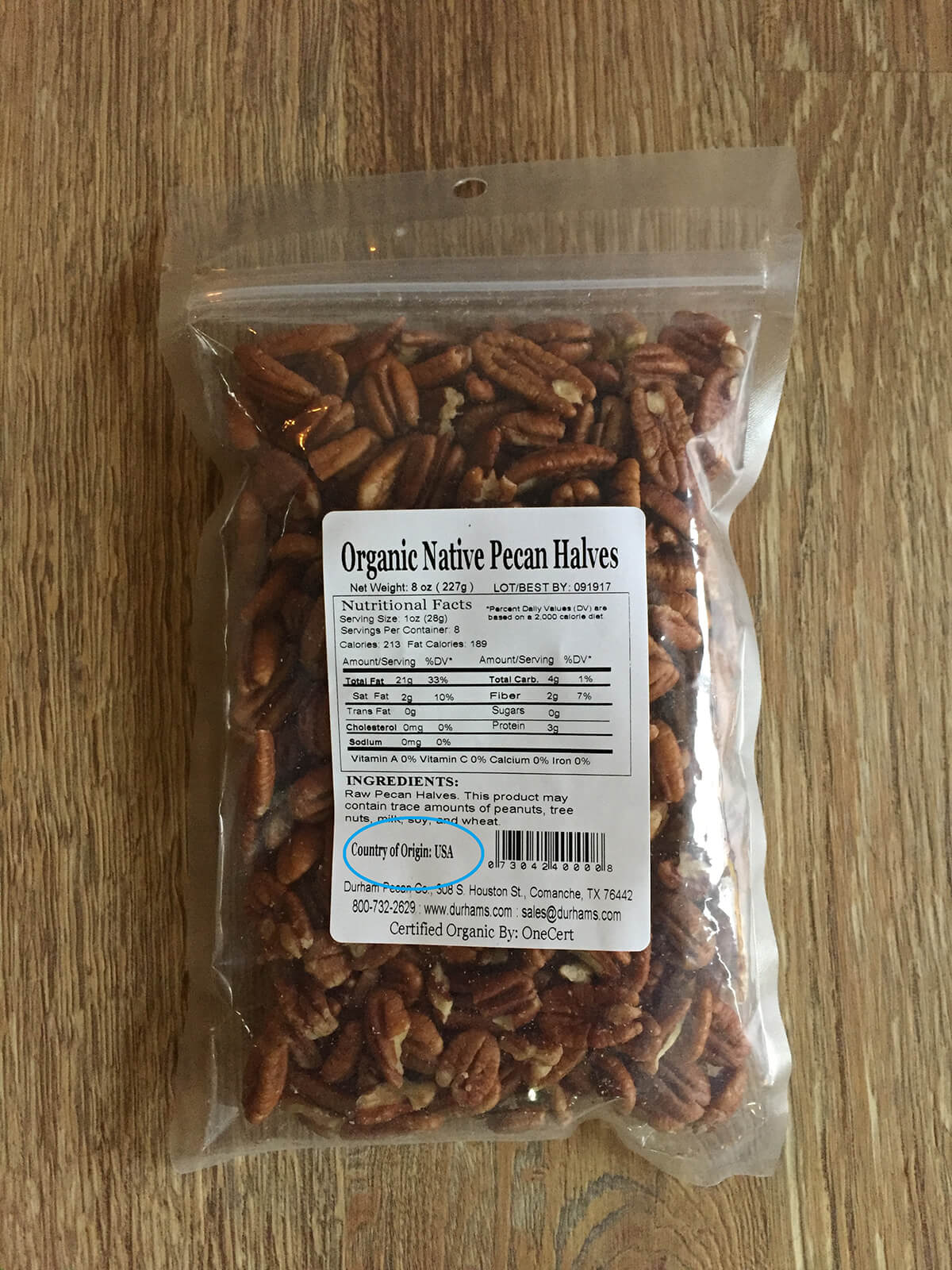


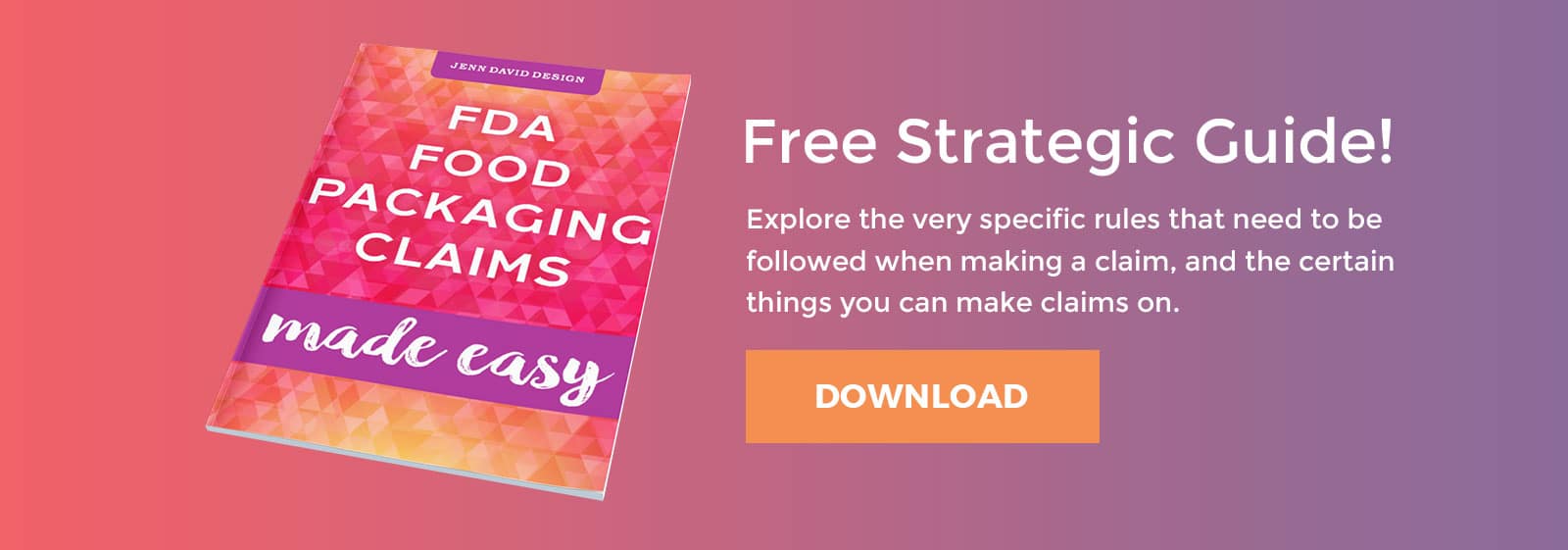
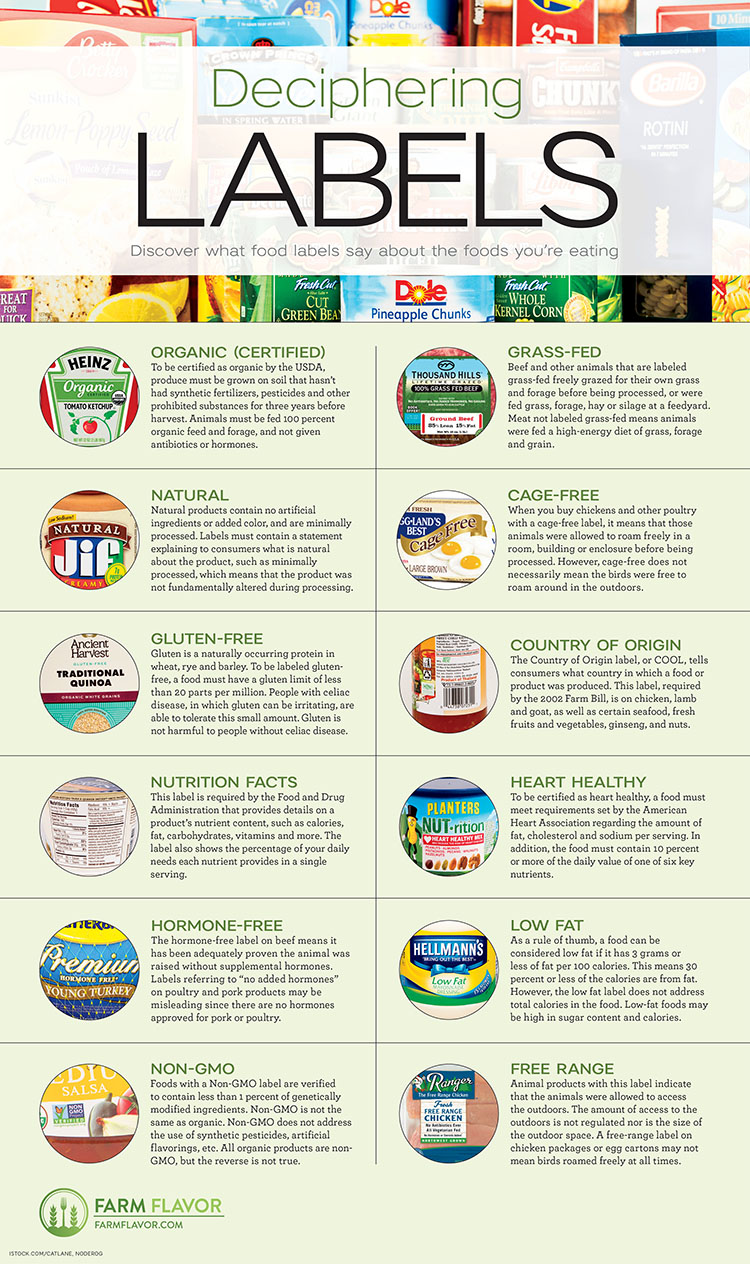
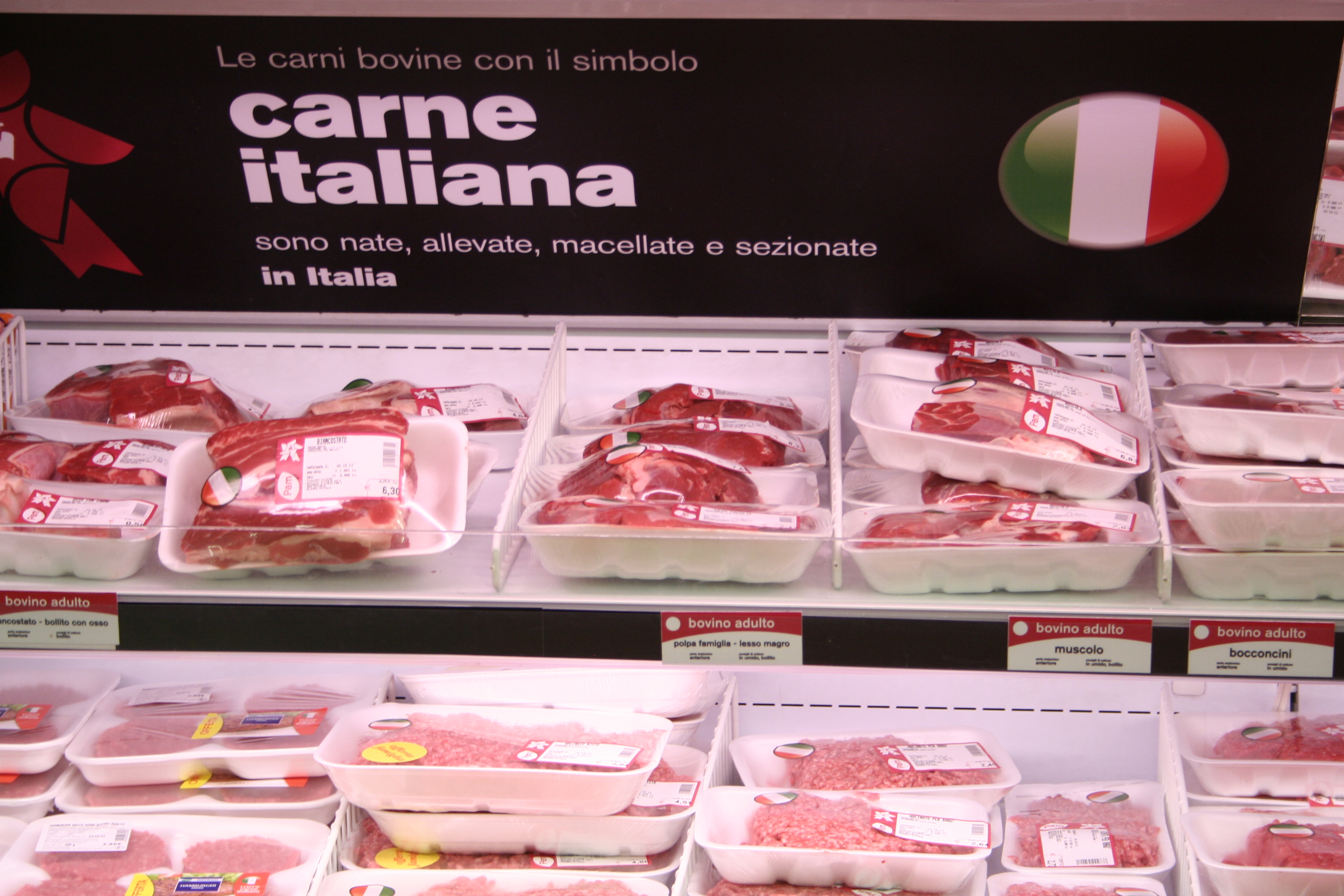


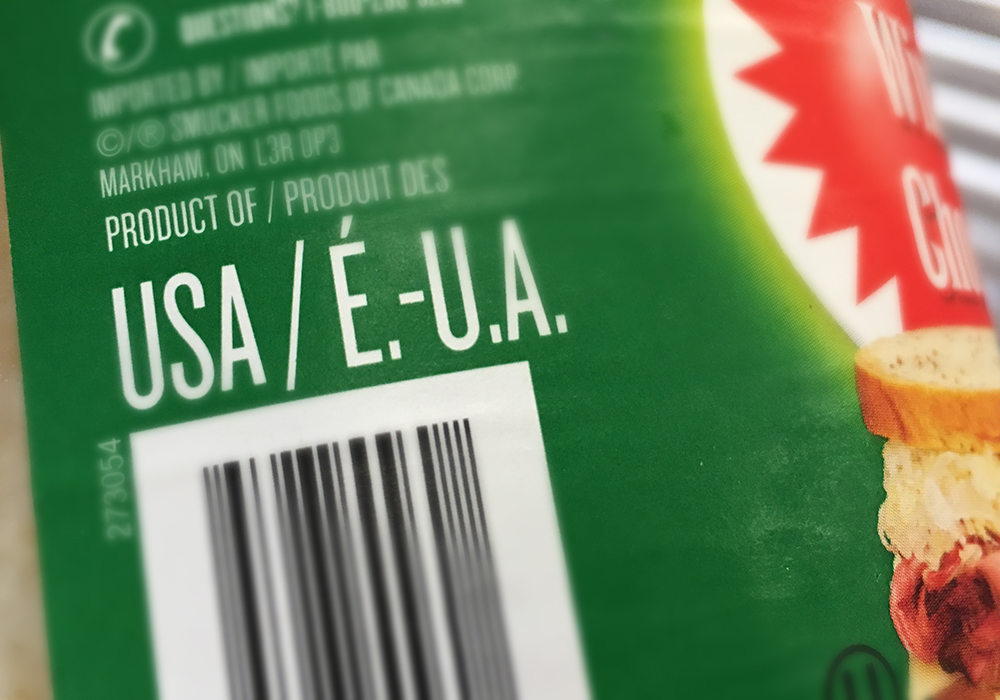


Post a Comment for "38 is country of origin required on food labels"